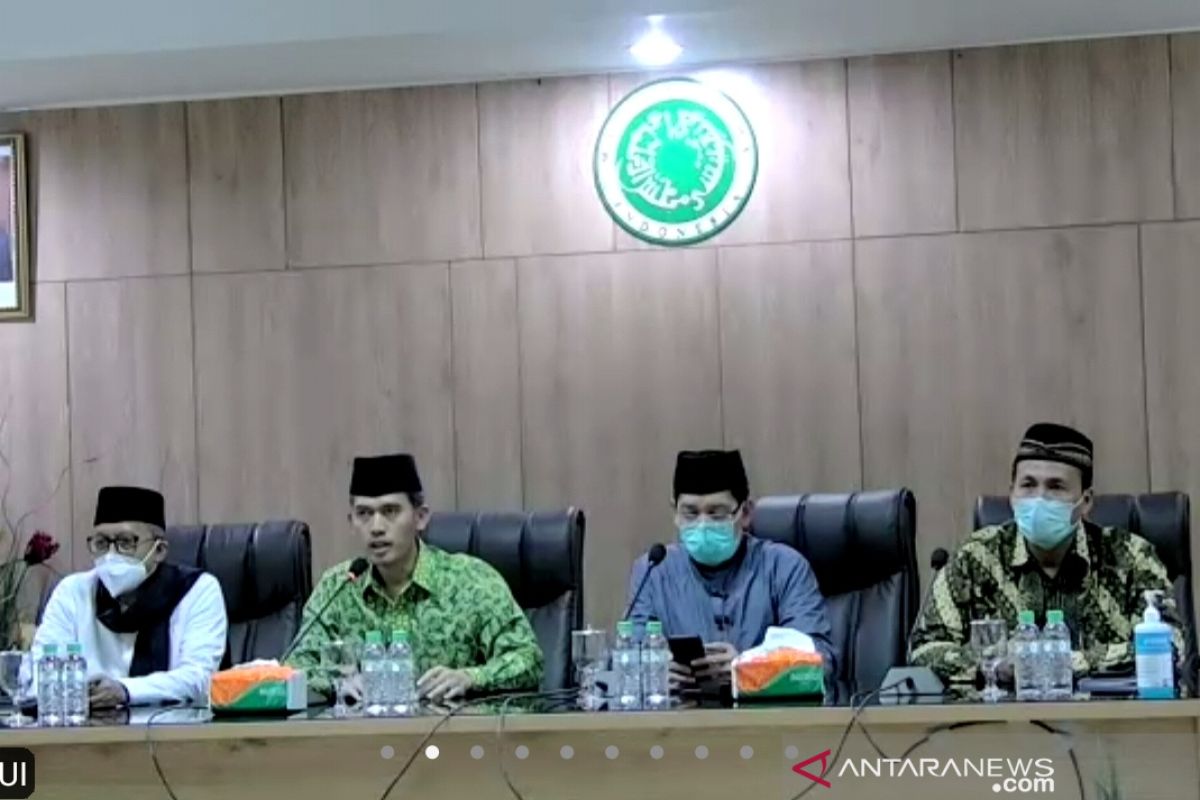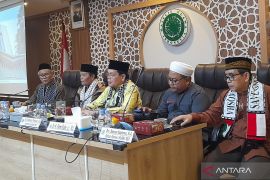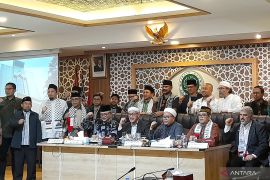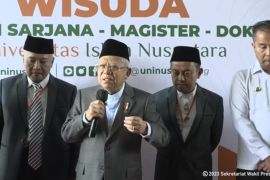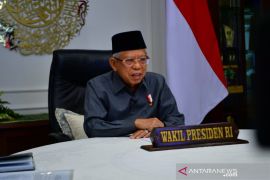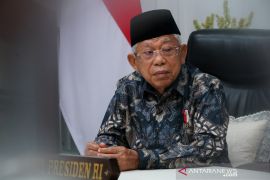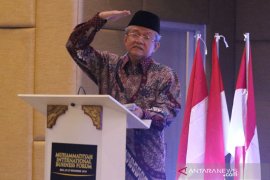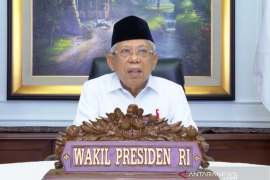"As the Indonesian government has committed to developing a creative economy based on halal tourism, (opening up investments in) the liquor industry will be counterproductive to this commitment," chairman of MUI Fatwa Commission, KH Asrorun Ni’am, noted in an online press conference here on Tuesday.
Opening up liquor trade would slow down efforts to develop halal tourism in Indonesia, he stressed.
In 2009, MUI had asked the government to ban trade in liquor and alcoholic beverages, he said. It had also asked the government to not grant permits for setting up alcoholic beverage factories, he added.
Related news: President revokes regulation on investment in liquor industry
The MUI had also urged the government not to grant licenses for trade of alcoholic beverages and to take firm action against those violating the rules, Ni'am said.
"If the trade is based on economic and investment considerations, then a lot of data shows that the trade always experiences a deficit," he affirmed.
The economic benefits of the liquor trade are not proportional to its impact, both in terms of public health and moral damage to the younger generation, Ni'am opined. Alcohol trade can also lead to many crimes, he added.
Even though the liquor industry is only for export purposes, it can still trigger some problems in diplomatic relations between countries, he said.
"When alcohol is consumed by people abroad, then they will know that the liquor is an Indonesian product, in international relations, this case can undermine the dignity of the Indonesian nation," he explained.
In the meantime, MUI will continue to try to educate the public about the dangers of consuming liquor, Niam emphasized.
Related news: Indonesia should prepare alcohol consumption control policy: economist
Translator: Katriana
Editor: Rahmad Nasution
Copyright © ANTARA 2021
